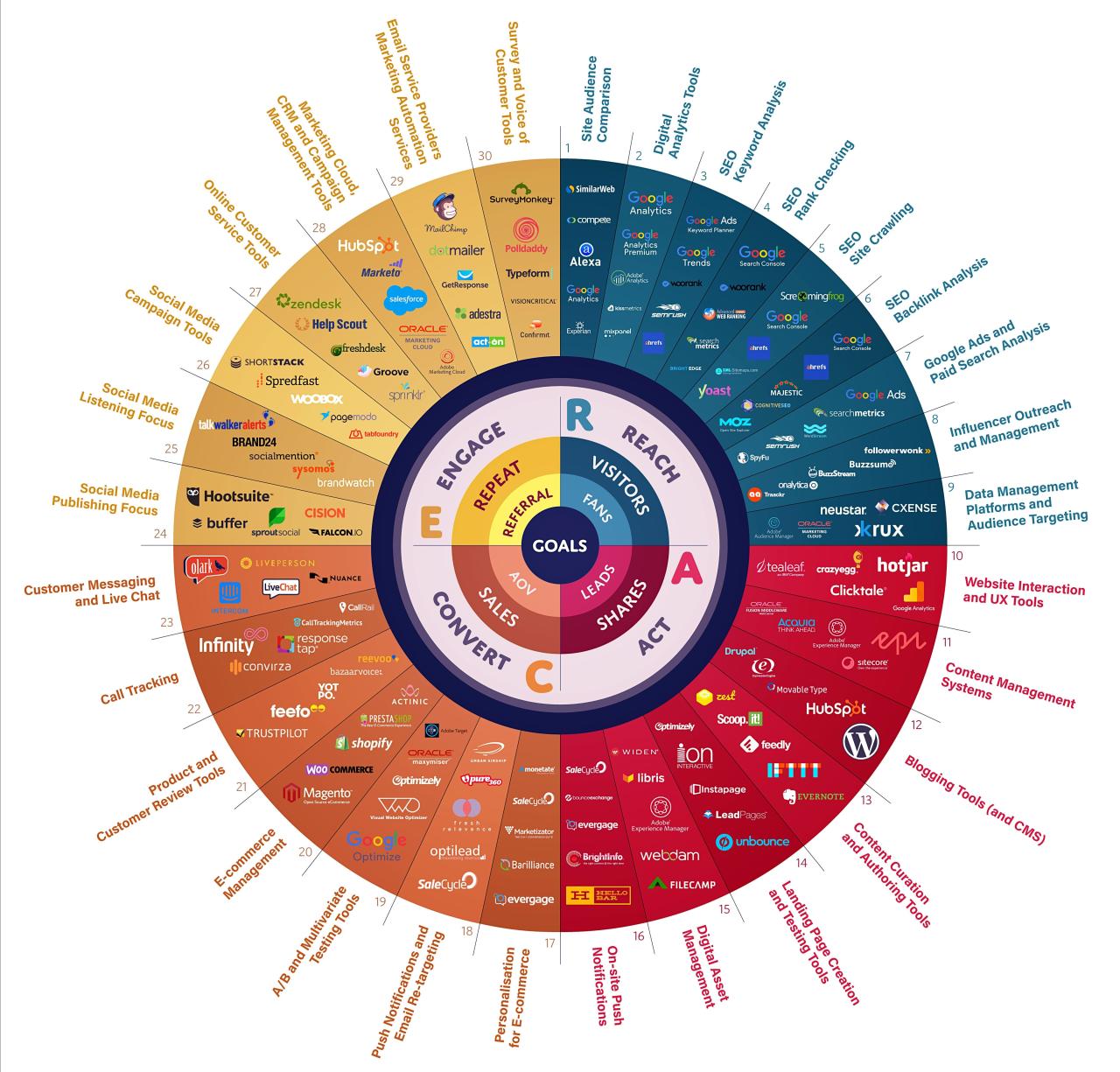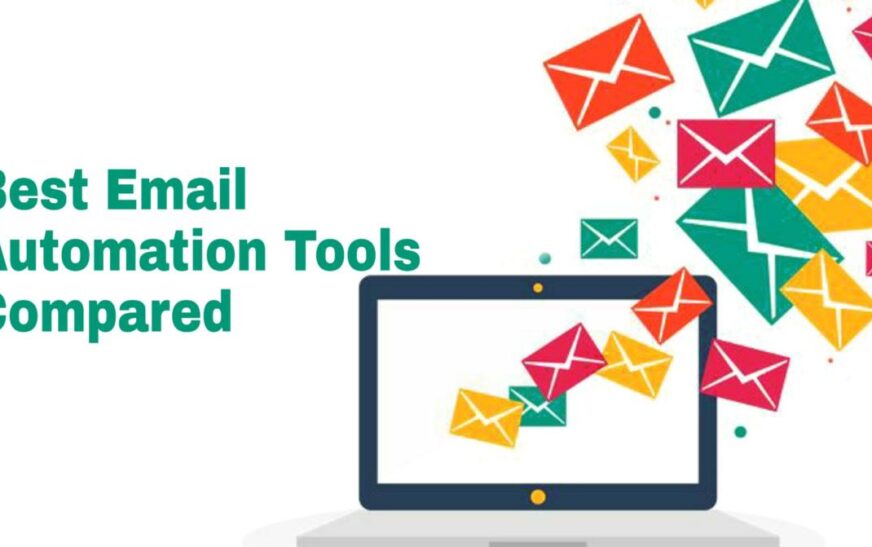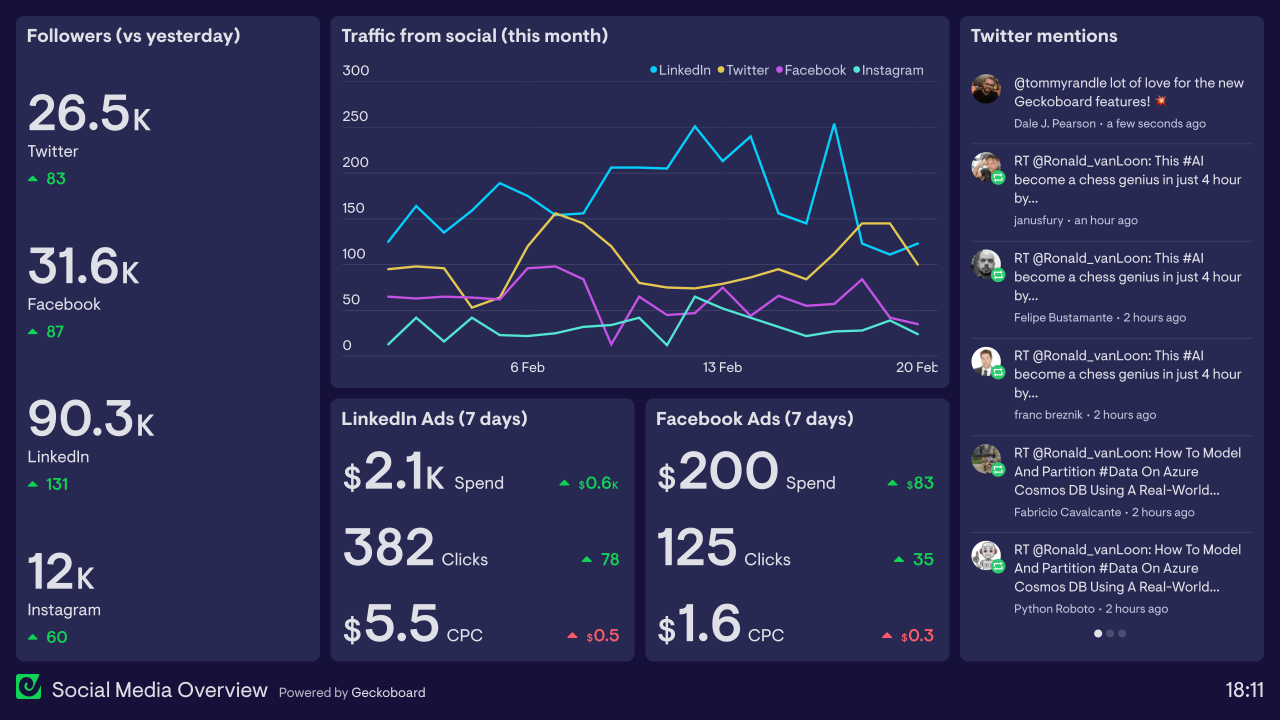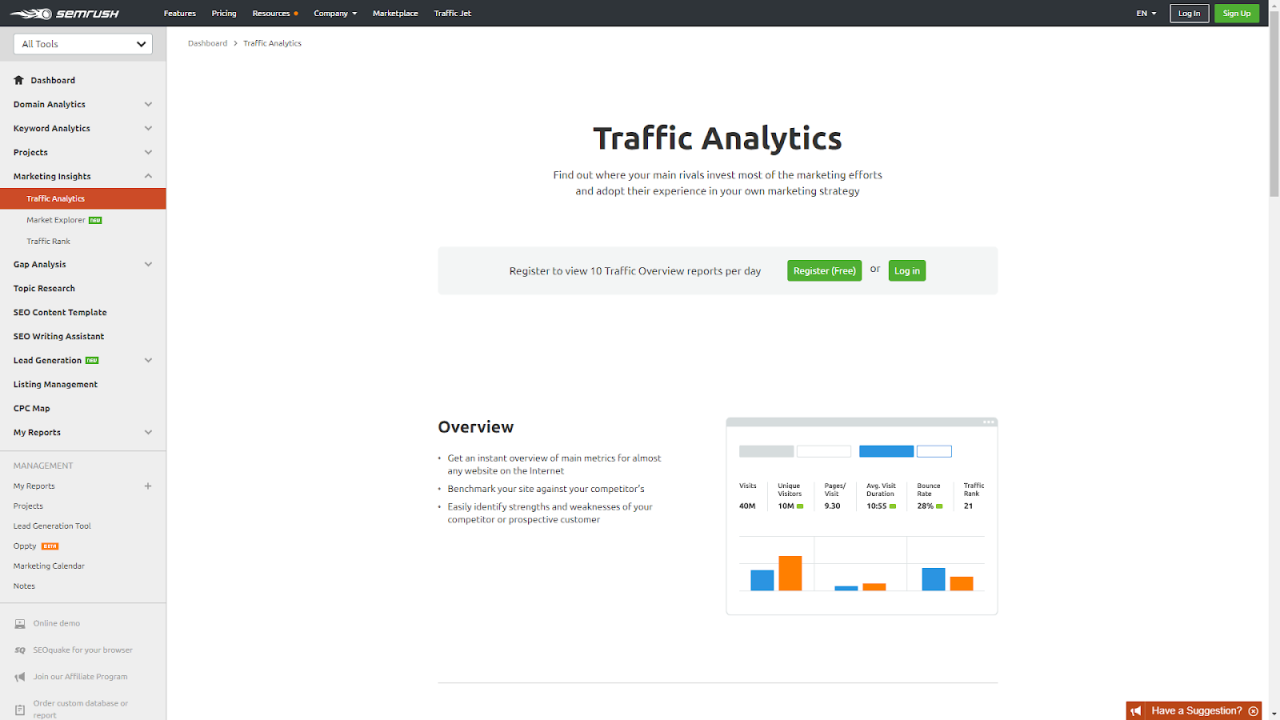With The Best Digital Tools for E-commerce Marketing at the forefront, this paragraph opens a window to an amazing start and intrigue, inviting readers to embark on a storytelling journey filled with unexpected twists and insights.
Digital tools play a crucial role in enhancing e-commerce marketing strategies, from to email marketing and social media management. Understanding the best tools available can significantly impact the success of online businesses.
Overview of E-commerce Marketing Tools

In today’s digital age, utilizing the right tools is crucial for the success of e-commerce marketing strategies. These digital tools not only help businesses reach a wider audience but also increase brand visibility, drive traffic, and boost sales.
Creating engaging presentations is key to capturing your audience’s attention. With the right digital tools, such as design software and interactive features, you can craft visually appealing and impactful presentations. Explore the top tools recommended for this purpose in Top Digital Tools for Creating Engaging Presentations and elevate your presentation skills to the next level.
Key categories of digital tools commonly used in e-commerce marketing include:
Search Engine Optimization ()
- Google Analytics:Provides valuable insights into website traffic and user behavior.
- Ahrefs:Helps in improving search engine rankings by analyzing backlinks and s.
- Yoast :A WordPress plugin that optimizes website content for search engines.
Email Marketing
- Mailchimp:A popular email marketing tool for creating and sending campaigns.
- Klaviyo:Tailored for e-commerce businesses, offering personalized email automation.
- Constant Contact:Allows for easy email list management and campaign tracking.
Social Media Marketing
- Hootsuite:Helps in scheduling posts across different social media platforms.
- Facebook Ads Manager:Enables targeted advertising to specific audience segments.
- Instagram Shopping:Allows users to shop directly from Instagram posts.
Search Engine Optimization () Tools

tools play a crucial role in e-commerce marketing by helping businesses optimize their websites to rank higher in search engine results. By utilizing tools, e-commerce businesses can increase their online visibility, attract more organic traffic, and ultimately drive more sales.
Utilizing digital tools is essential in enhancing your email marketing campaigns. By incorporating tools such as analytics software and automation platforms, you can track performance metrics and streamline your strategies for better results. Learn more about How Digital Tools Can Improve Your Email Marketing Campaigns to stay ahead in the competitive digital landscape.
Comparison of Tools
- Google Analytics: Provides valuable insights into website traffic, user behavior, and conversion rates, helping e-commerce businesses make data-driven decisions.
- Ahrefs: Offers comprehensive backlink analysis, research, and competitor analysis tools to improve website performance.
- SEMrush: Enables businesses to conduct research, track rankings, and analyze competitor strategies for better optimization.
Improving Search Engine Ranking, The Best Digital Tools for E-commerce Marketing
- Optimization: tools help identify relevant s with high search volumes to optimize website content and meta tags for better search engine ranking.
- Backlink Building: Tools like Ahrefs assist in identifying quality backlink opportunities to improve website authority and credibility in the eyes of search engines.
- On-Page : tools provide recommendations for optimizing on-page elements such as title tags, meta descriptions, and headings to enhance website visibility.
Email Marketing Platforms: The Best Digital Tools For E-commerce Marketing
Email marketing plays a crucial role in e-commerce by allowing businesses to directly connect with their customers, promote products, and drive sales. It is a cost-effective way to reach a large audience and build brand loyalty. Choosing the right email marketing platform is essential for success in e-commerce marketing.
Establishing a strong online presence is crucial for business success. Digital tools play a vital role in achieving this goal by optimizing websites, managing social media platforms, and analyzing online data. Discover effective strategies on How to Use Digital Tools to Improve Your Online Presence to attract and engage your target audience effectively.
Features to Look for in an Effective Email Marketing Platform
- Customizable Templates: Look for a platform that offers a variety of customizable email templates to create visually appealing campaigns.
- Automation: The platform should have automation features to send targeted emails based on customer behavior, such as welcome emails, abandoned cart reminders, and follow-up emails.
- Segmentation Capabilities: The ability to segment your email list based on demographics, purchase history, or engagement levels is essential for targeted marketing campaigns.
- Analytics and Reporting: Choose a platform that provides detailed analytics on email performance, open rates, click-through rates, and conversion rates to track the success of your campaigns.
- Integration Options: Ensure that the platform integrates with your e-commerce platform, CRM system, and other tools to streamline your marketing efforts.
Top Email Marketing Platforms for E-commerce Businesses
- Mailchimp: A popular choice for small to medium-sized businesses, offering a user-friendly interface, advanced automation features, and detailed analytics.
- Klaviyo: Known for its powerful segmentation capabilities, Klaviyo is a favorite among e-commerce businesses looking to create targeted campaigns based on customer behavior.
- Constant Contact: Ideal for beginners, Constant Contact provides a range of customizable templates, automation tools, and integration options to streamline your email marketing efforts.
- Drip: Geared towards e-commerce businesses, Drip offers personalized marketing automation, segmentation options, and robust analytics to drive conversions and customer engagement.
Social Media Management Tools
Social media has become a crucial component of e-commerce marketing, allowing businesses to reach a wider audience, engage with customers, and build brand awareness. With the right social media management tools, businesses can effectively manage their social media presence, streamline content creation and scheduling, and analyze performance metrics to optimize their marketing strategies.
Comparison of Social Media Management Tools
- Hootsuite: Hootsuite is a popular social media management tool that allows users to schedule posts, monitor social media activity, and analyze performance across multiple platforms.
- Sprout Social: Sprout Social offers robust analytics and reporting features, as well as social listening tools to track brand mentions and engage with customers in real-time.
- Buffer: Buffer is known for its simple and intuitive interface, making it easy to schedule and publish content across various social media channels.
- SocialBee: SocialBee is a great tool for content categorization and recycling, helping businesses maintain a consistent social media presence with minimal effort.
Enhancing Brand Visibility and Engagement
Social media management tools play a crucial role in enhancing brand visibility and engagement in e-commerce. By using these tools, businesses can schedule posts at optimal times, analyze audience behavior to tailor content, and engage with customers through comments and messages.
This proactive approach not only increases brand visibility but also fosters meaningful connections with customers, leading to higher engagement and loyalty.
Final Summary
In conclusion, mastering the use of the best digital tools for e-commerce marketing can propel businesses to new heights of success in the competitive online landscape. By leveraging these tools effectively, businesses can reach wider audiences, improve brand visibility, and drive sales growth.







